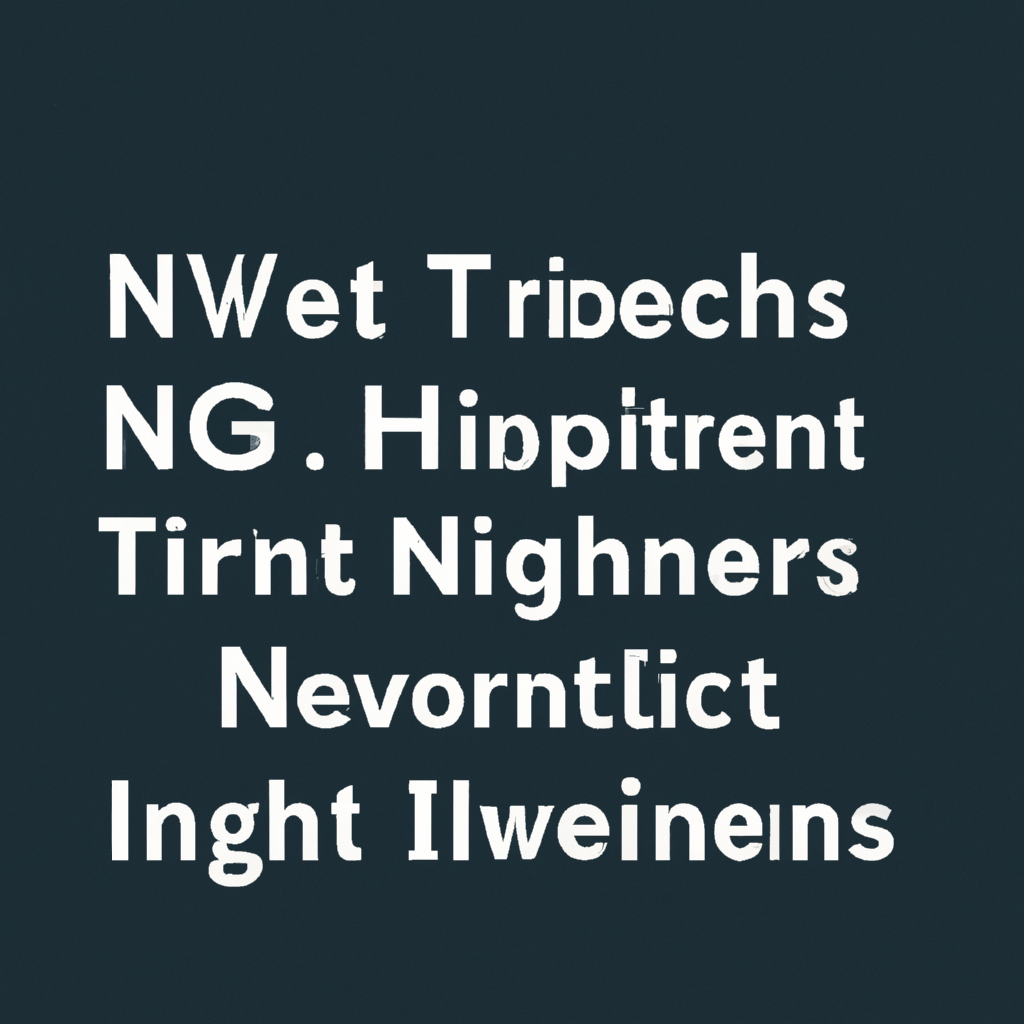
Essential Investment Tips for High-Net-Worth Individuals
# Investment Strategies for High-Net-Worth Individuals
Investing wisely is crucial for high-net-worth individuals (HNWIs) who aim to preserve and grow their wealth effectively. With the myriad of investment options available, it can be overwhelming to select the right strategy. Below are insights and tips to help HNWIs make informed decisions.
Understanding Risk Tolerance
Before diving into complex investment strategies, it’s important for HNWIs to understand their risk tolerance. This includes the capacity to endure market volatility and the risk of losing principal in exchange for potentially higher returns.
Analyzing Financial Goals
HNWIs should consider their short-term and long-term financial goals. Are they looking for wealth preservation, income generation, or aggressive growth? The answer will significantly influence their investment choices.
Assessing Risk Capacity
This refers to the financial ability to absorb losses, which varies widely among investors. It’s pivotal to assess how much risk one can afford to take, especially in relation to retirement planning and wealth transfer strategies.
Diversification
One of the golden rules in investing, diversification, is critically important for HNWIs. It involves spreading investments across various asset classes to reduce risk.
Asset Allocation
This involves dividing an investment portfolio among different asset categories, such as stocks, bonds, real estate, and alternatives. The specific allocation should align with the investor’s goals, risk tolerance, and investment timeframe.
Geographical Diversification
Investing in international markets can offer growth opportunities, especially in emerging markets. However, it’s essential to be mindful of geopolitical risks and currency fluctuations.
Alternative Investments
HNWIs often turn to alternative investments as a way to diversify beyond traditional stocks and bonds.
Real Estate
Direct investment in commercial or residential real estate offers potential for income through rents, along with appreciation in property values.
Private Equity and Hedge Funds
These are less liquid investments that can potentially offer high returns. However, they often come with higher fees and longer investment horizons.
Commodities and Collectibles
Investing in physical goods like gold, art, or wine can serve as a hedge against inflation and market volatility. However, these investments require specific knowledge and carry unique risks.
Tax-Efficient Investing
For HNWIs, optimizing for tax efficiency can significantly impact net investment returns.
Utilizing Tax-Advantaged Accounts
Taking advantage of accounts like IRAs or 401(k)s, which offer tax benefits, can be a powerful way to enhance wealth management.
Estate Planning
Consideration of how investments will impact estate taxes is critical for HNWIs. Strategies such as gifting or setting up trusts can be beneficial in reducing estate tax burdens.
Professional Guidance
Given the complexity of managing significant wealth, seeking professional advice from financial advisors, tax experts, and estate planners is highly advisable.
Financial Advisors
They can provide personalized investment strategies that align with individual goals, risk tolerance, and financial situations.
Wealth Management Firms
These firms offer comprehensive services that include investment management, tax planning, estate planning, and more. They’re particularly well-suited for HNWIs looking for holistic wealth management solutions.
Continuous Learning and Adaptation
The financial world is ever-evolving, with new products, technologies, and regulations constantly emerging. Staying informed and being flexible to adapt investment strategies over time is key to enduring success.
By following these strategies, high-net-worth individuals can navigate the complexities of investing with confidence, ultimately achieving their financial objectives while minimizing risks.

